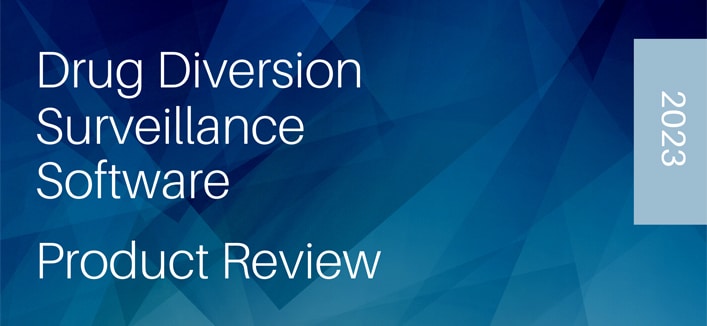What goes through your mind when you see someone on the street who, by all appearances, is an addict? What goes through your mind when you discover someone you know or work with is addicted to drugs or alcohol? Be honest with yourself. Do you view them as weak? Do you view yourself as superior? If they are a healthcare worker, do you have anger toward them because they are now placing patients in danger? Some of those feelings are natural; however, we need to be aware of the stigma we may have toward the person. We need to understand that exposure to opioids (and other substances) can cause physiological changes in the brain that can lead to addiction. Certainly not everyone becomes addicted, however those that do become addicted have a disease. Remembering that may help us view them differently.
Interestingly, the person with the addiction also has a stigma toward themselves. Shame is a big part of the stigma. Shame and guilt make recovery much more difficult and these feelings need to be addressed as part of their recovery. If the shame, guilt and stigma are not addressed, there are poorer outcomes with recovery.
Listen to this insightful interview on stigma, with Don, a Pain and Addition Specialist, and Martha Teater, a Licensed Clinical Addiction Therapist. Also, the Stigma of Addiction Summit on June 10th may be of interest to you. You can register here for this free event.







